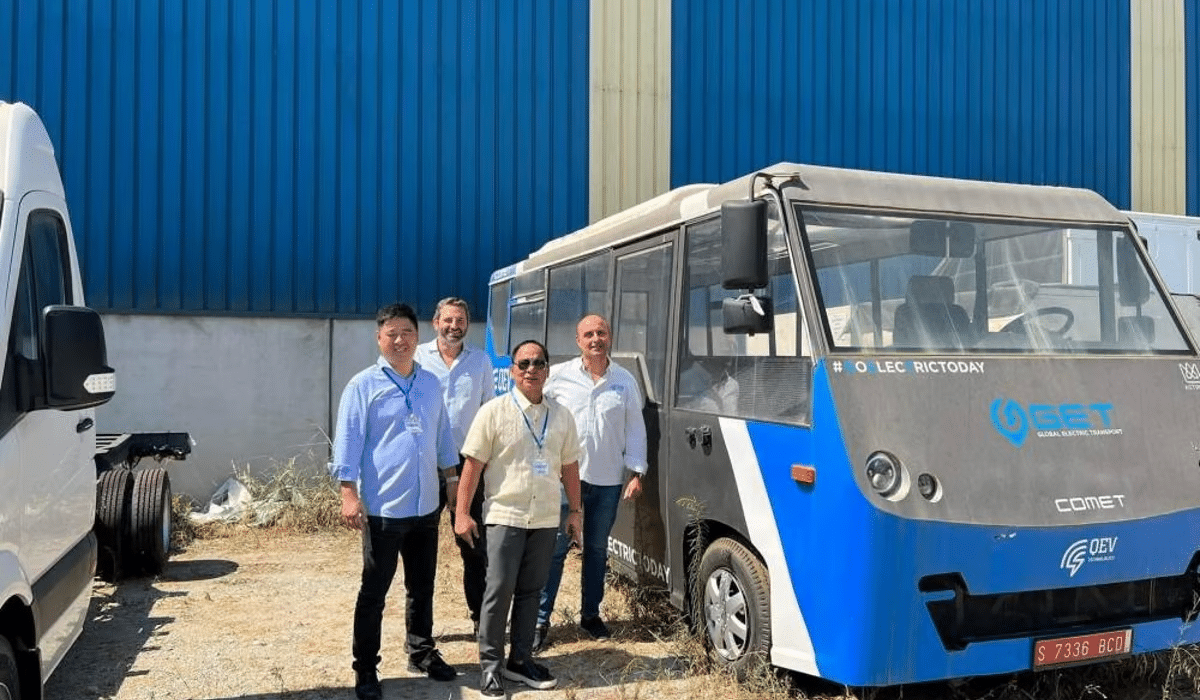The Cebu City Government, in a collaborative effort with Global Electric Transport and the Aboitiz group, is set to transform the City’s transportation system. The aim is to introduce 100 electric vehicles on the City’s major roads by 2024. Cebu City Councilor Joel Garganera, who chairs the environmental committee, announced that the City is preparing to receive at least 10 e-vehicles from Global Electric Transport in the first quarter of 2024. The procurement of these e-vehicles, which will be based on unit availability, is a testament to the City’s commitment to a greener future. Each unit costs P4.2 million, but through a special agreement with Global Electric Transport (GET), the City can acquire each unit for only P3 million. The City will contribute P1.5 million for each unit, and the private sector will cover the remaining cost, particularly the Aboitiz group, demonstrating their shared vision for a sustainable Cebu City.
Collaborative Effort and Funding
For the purchase of the e-vehicles, the City has allocated P150 million, with businessman Endika Aboitiz pledging P50 million and the Aboitiz Foundation donating P100 million. These contributions complete the required amount of P300 million to purchase the 100 units of e-vehicles. As per the agreement between the City, GET, and Aboitiz Foundation, GET will operate the e-vehicle units and provide the necessary maintenance at no cost to the City.
Environmental Impact and Health Benefits
The objective is to transition the transportation sector to lower its emissions and promote a low-carbon environment. During the peak of the COVID-19 pandemic, when vehicular traffic was reduced, there was a significant 72% drop in air pollution. Suspension of public transport and limited private vehicle movement during the Enhances Community Quarantine greatly improved air quality in the Metro Cebu area by reducing air pollutants.
Garganera highlighted that air pollution from vehicle emissions contributes to respiratory-related illnesses. He emphasized that e-vehicles have lower maintenance costs compared to traditional gasoline-powered vehicles. Unlike fuel-powered vehicles, these electric-powered vehicles have minimal maintenance requirements.
Sustainable Operations and Infrastructure
To support the sustainability of this initiative, the City plans to purchase solar panels for the e-vehicle charging stations to achieve an immaculate energy source. Additionally, Visayan Electric Company will provide electricity for e-vehicle free of charge for the next two years, and charging stations will be strategically placed within the City.
Enhancing Cultural and Tourism Activities
The introduction of e-vehicles is not just about a greener transportation system, but also about enhancing cultural and tourism activities within the City. The plan is to utilize these vehicles to transport prospective tourists to various cultural heritage sites, offering a unique and eco-friendly way to explore the City’s rich history. The City intends to use units from GET known as Comet, which are world-class, zero-emission, 30-passenger electric minibuses developed by Formula E-racing engineers. These vehicles come with advanced features and amenities, promising a comfortable and enjoyable ride for tourists. This initiative opens up new possibilities for cultural and tourism development in Cebu City, making it an exciting time for residents and businesses alike.
Significance of Electric Vehicles in Cebu City
The introduction of e-vehicles in Cebu City represents a substantial advancement towards a more environmentally friendly and sustainable land transportation system. This transition to electric vehicles has the potential to notably decrease air and noise pollution while also reducing our reliance on traditional fuels. By doing so, Cebu City is taking a leading role in promoting eco-conscious transportation methods, serving as an inspiration for other urban centers to pursue similar initiatives.
Source: Cebu’s green revolution: 100 electric vehicles to transform city transport


